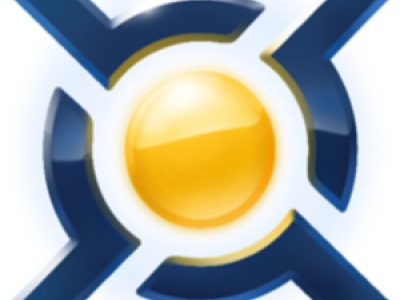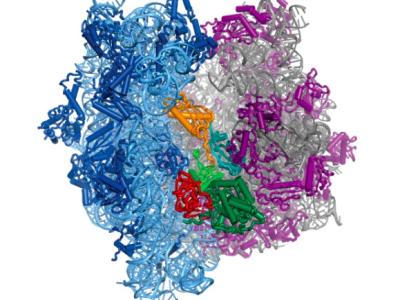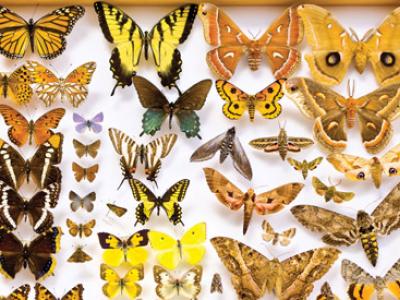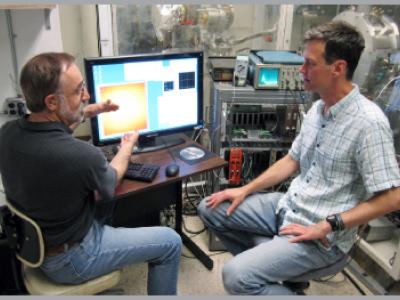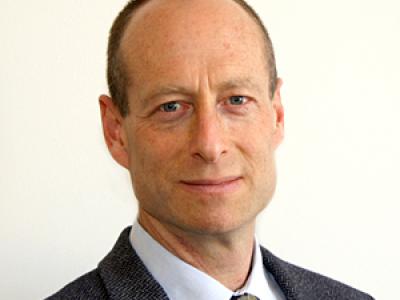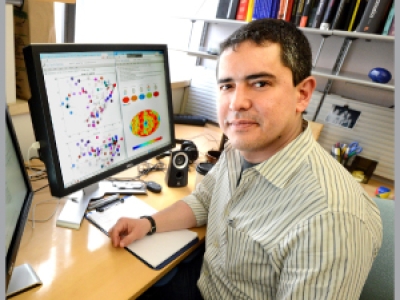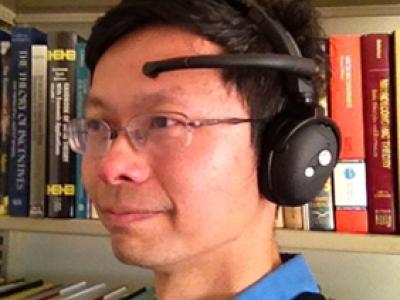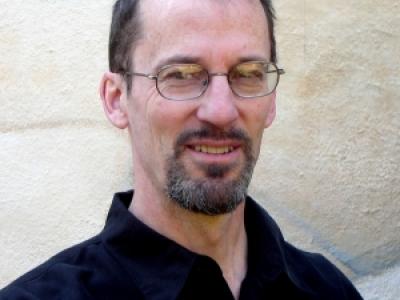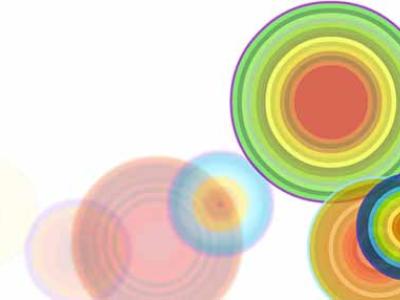U.S. should follow California lead on earthquake early warning, expert says
Although California Gov. Jerry Brown signed a bill last week to create a statewide earthquake early warning system, the United States is still behind the curve in embracing technology that has proven to save lives, lessen damage and speed recovery after a major quake.


